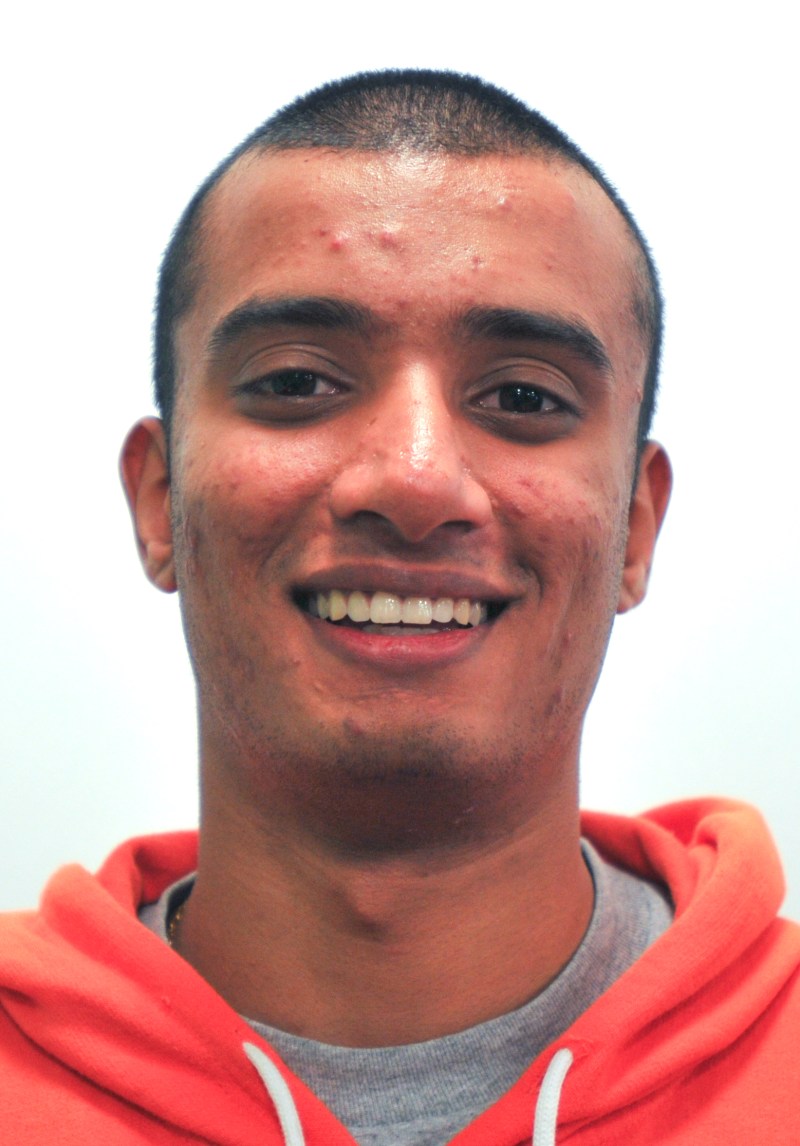The Cleveland Cavaliers won the NBA Draft Lottery for the third time in four years on Tuesday night. Conspiracy theorists, you may start your engines…now.
The probability of the Cavaliers winning the lottery this year was a meager 1.7 percent. Last year, when they surprisingly elected to take UNLV’s Anthony Bennett with the first pick, their probability of winning was 15.6 percent. And in 2011, when the Clippers won the lottery but traded the unprotected pick to the Cavaliers as a part of the Baron Davis kerfuffle (netting enigmatic is-he-really-a-point-guard Kyrie Irving), the Clippaliers’ probability of winning was 2.8 percent.
As a proud student of CS 109, I can tell you that, assuming that the lottery each year is independent, the overall probability of winning in those three years given the above odds, is approximately .0074256 percent. Seven-thousandths of a percent. Wow.
On the whole, I am a very rational human being, and I (mostly) believe the NBA when it says that the draft lottery process is above reproach. But the sequence of events over the last few years is getting just a little bit outrageous. In 2011, at the end of the first post-LeBron year in Cleveland, the Cavaliers, who were atrocious all season and still reeling from LeBron’s betrayal (sobs), just happen to win the lottery?
The year after, the league-owned New Orleans Hornets/Pelicans, in dire need of a quick infusion of talent in order to be palatable to potential buyers, just happen to win the lottery? And, for the sake of completing this conspiracy theory, the last two years, Cleveland, even still reeling from “The Decision,” once again wins the lottery, giving it access to major talent at the same time that LeBron James can opt out of his contract in Miami, setting the stage for a triumphant homecoming as the once and future savior of the Cavaliers franchise? If I had a beard, I would stroke it.
Now, I’m not saying that David Stern is Chancellor Palpatine/Darth Sidious/Evil Emperor, and I’m certainly not saying that Adam Silver is Anakin Skywalker/Darth Vader. I think Donald Sterling has already staked his claim to the vacant “villain” spot in the parking lot that is the NBA. However, one cannot help but wonder how much these storylines improve the NBA’s ratings.
For the diehard fans, watching the NBA is a ritual, something that they will do year in and year out, without needing any incentive to turn on the TV or semi-legally stream the games online (I’m looking at you, college students without cable). But for casual fans, over an 82-game regular season, atrophy starts to set in. They need some inspiration to tune in, some motivation that inspires them to stop watching Pretty Little Liars and start watching the NBA on TNT/ESPN/ABC/CSN.
As a casual fan, if I told you that LeBron James was returning to Cleveland to join forces with Kyrie Irving, Tristan Thompson, Anthony Bennett (or whoever they trade him for), Joel Embiid and Anderson Varejao, you would immediately jump for joy and tune in for sure. Another LeBron James backstabbing? The return of the prodigal son? God not hating Cleveland sports anymore? The clichéd-headline-generator at ESPN would explode from pure happiness.
All jokes aside, the one truth to be gleaned from the lottery process over the last few years is simple: the ping-pong ball approach is most definitely broken. I can’t claim to have or even know of a better strategy than the lottery, at least none that minimize the benefits of “tanking,” a process perfected this season by the abysmal Philadelphia 76ers, who were rewarded for their awful record with the third pick in what may be a four-superstar draft.
As it is currently structured, the lottery hasn’t really induced any kind of team improvement; save for the Oklahoma City Thunder and maybe the Portland Trail Blazers, teams that have tried to build through the draft have continued to, for lack of a better word, suck. In a perfect world, the NBA talent distribution would converge towards perfect parity, a trend that is impossible in the real world given players’ egos and preferences, the deep pockets of big market teams, the existence of the salary cap and the harsh penalties for exceeding it. I’m not sure what process can help us get to that perfect scenario, but it is clear that the lottery is not the answer.
Maybe we should just let the NBA put players wherever it thinks they should go. Oh wait…they are already doing that anyway.
There’s a seven-thousandths percent chance that Vignesh Venkataraman gets drafted by the Cleveland Cavaliers in the NBA Draft next month. But probability didn’t stop the Cavs in the lottery, so send along your C-Town restaurant suggestions to Vignesh at viggy ‘at’ stanford.edu.
